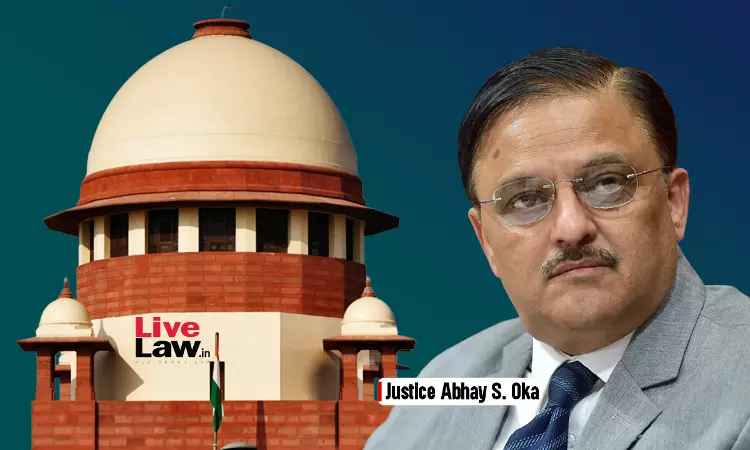Supreme Court Judge, Justice AS Oka recently expressed concerns over frivolous complaints and media trials of pending cases, which affect the reliability of the Judiciary.Speaking at the webinar organised by All India Lawyers Association for Justice (AILAJ) on Saturday (Febraury 1) on the topic "Towards a responsible and reliable judiciary in India", Justice Oka highlighted that such...

